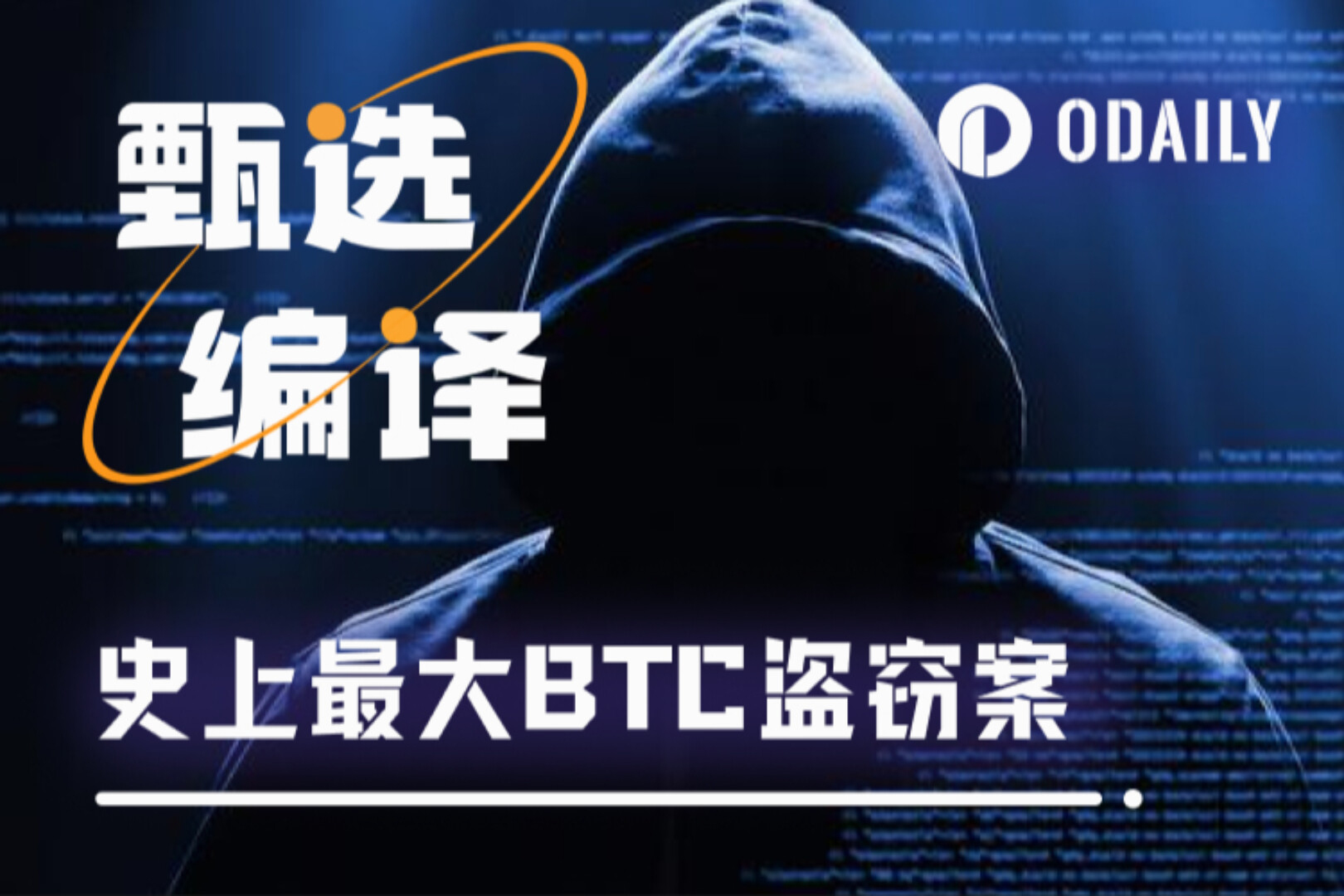Conquering the stars and the sea has become a hot spot this summer, and several major overseas commercial aerospace companies are starting fierce "competition".
Virgin Galactic preempted Blue Origin to complete the "space travel" of ordinary people for the first time, and space fanatic Elon Musk left a message on social media saying that he wanted to pay with Dogecoin to participate in the space program of Virgin Galactic and Amazon. SpaceX, his commercial space enterprise, has also accelerated the launch of rockets. In June of this year alone, SpaceX has successfully completed four launch missions.
In fact, apart from Blue Origin, Virgin Galactic and SpaceX are very friendly to cryptocurrencies. Virgin Galactic supports the use of Bitcoin to pay for space travel. The founder and several executives are also fans of Bitcoin. SpaceX founder Musk He is also a well-known cryptocurrency opinion leader. According to foreign media reports, SpaceX cooperated with a blockchain project called SpaceChain in its two launches in June, bringing two blockchain nodes into space.
image description
Note: SpaceChain carries the SpaceX rocket to deploy the Ethereum node to the International Space Station for the first time. Source: NASA
Launching 5 nodes in 3 years, space blockchain technology is maturing
Behind space gradually becoming a "hot battlefield" for competition, how "sweet" is this business? Morgan Stanley has predicted that the value of the space industry is expected to exceed $1 trillion by 2040. Faced with such a promising space market, adventurers in various fields want to get a share of this economic high-speed train. According to statistics from the US "Space" website, in 2020 alone, there will be a total of 114 global space launch missions, of which the launch success rate is as high as 92%.
In the space race, the idea of blockchain "going to the sky" has already been tried by many companies. For example, Bitcoin technology company Blockstream provides space services by renting existing satellites; blockchain technology company ConsenSys acquires asteroid mining company Planetary Resources to explore space, etc. In addition to these start-ups, banking giant JP Morgan Chase is also testing blockchain payments between satellites in space and earth orbit to achieve IoT payments in a completely decentralized manner.
However, it is not easy to "go to the sky" of the blockchain. From development to launch, it is not only expensive, but also takes months or even years in various ground tests, certification and licensing, and system construction. Even if the launch is successful , and then it needs to face several months of on-orbit testing. Even so, the probability of success cannot be guaranteed 100%. So, why are there still many companies still trying to develop blockchain technology in space? For the blockchain, what is the use of accelerated space technology? In fact, judging from the fact that SpaceChain mentioned above successfully launched 5 space nodes in just over 3 years, it can also be verified from the side that the development potential of space blockchain technology is getting more and more recognition.
Up to now, SpaceChain, established in 2017, has successfully launched and operated space nodes of multiple public chains such as Bitcoin and Ethereum. After completing the technical verification of the two launch missions in the early days of its establishment, SpaceChain officially entered the commercial application stage of the space blockchain in 2019.
In December 2019, SpaceChain delivered the hardware of the operational node to the International Space Station on the CRS-19 mission through SpaceX's Falcon 9 rocket, which is the first Bitcoin node to operate on the International Space Station; June 3, 2021 Today, SpaceChain ushered in the fourth blockchain payload launch. Its space node carried SpaceX's Falcon 9 rocket into space and installed it on the International Space Station (ISS). This is the first time that Ethereum hardware has been launched on the International Space Station. Technical verification work.
In the early hours of July 1st, SpaceChain successfully completed the fifth launch of the Bitcoin payload into space, which was created by several global projects such as digital asset management company Nexus Inc., encrypted exchange Biteeu and community project Divine. The blockchain payload of the space node is carried on the YAM-2 satellite platform and launched into space by the SpaceX Falcon 9 carrier rocket Transporter-2 mission, which is carried out by the United States Loft Orbital according to the satellite platform sharing plan.
From this point of view, the combination of space and blockchain technology has been developing continuously in recent years, and this new route of space commercialization has become more mature, and may usher in further growth.
Bring technology to "go to heaven" and add double insurance to the blockchain
In the 1960s, out of concerns about the network or the paralysis of the entire network due to attacks on the central node, the US Department of Defense set out to establish the predecessor of the Internet based on the "distributed network" - Arpanet. Although it started with decentralization, looking back at the development of the Internet over the past few decades, it seems that everything has run counter to the original intention of the past, and various "stuck neck" problems such as privacy leaks and downtimes have emerged endlessly.
With the emergence of blockchain and cryptocurrency, the idea of "decentralization" has been rethought and explored. Regarding this concept, the technical thinker Kevin Kelly once said in the book "Inevitable" that if money, the most centralized thing in modern life, can be decentralized to a certain extent, then everything can be decentralized. At the same time, he also cited the computer graphics conference in the 1990s as an example, saying that Pixar film co-founder and computer scientist Loren Carpenter came to the scene with a computer flight simulator. At the venue, about 5,000 participants collectively operated the computerized flight simulator. "Everyone, like me, was overwhelmed by the power of decentralized, centerless control."
Today, the potential of decentralization is also recognized in the stumbling development, especially the rise of decentralized finance (DeFi), and the original centralized projects are constantly being replaced by innovative projects. But is decentralization really safe enough? Taking DeFi as an example, although DeFi, which is based on a decentralized code-driven financial world in the blockchain world, brings great possibilities for the chain economy and unlocks the potential of decentralization, but Judging from the frequent security incidents on various blockchains, the security of decentralization is still worthy of further discussion.
image description
Open source demonstration hardware board SpaceChain Callisto Source: SpaceChain
For example, in the space node launched for the fourth time, SpaceChain's solution brings more on-chain application scenarios for smart contracts. As we all know, Ethereum has become the king of the public chain by virtue of gathering the most developers and applications. However, as Ethereum covers more and more fields and more and more applications on the chain, its security will be more and more serious. test.
By deploying nodes in space, SpaceChain frees the space infrastructure from the constraints of centralized ground servers, and improves the transmission of Ethereum smart contracts in terms of efficiency and security. Therefore, after the space node is tested and activated successfully, SpaceChain can help other companies such as wallet solution provider Nexus Inc. to further enhance its blockchain capabilities and apply it to more businesses such as e-commerce management. At the same time, SpaceChain introduces a highly secure Ethereum multi-signature transaction service running on orbit, which can reduce security incidents caused by user private key leakage and ensure the security of fund use. Of course, SpaceChain's space infrastructure will enhance the security of services such as Nexus Inc., since all data is directly uplinked and downlinked through a dedicated encrypted communication network.
image description
Case of cooperation between SpaceChain and Biteeu Source: Biteeu
From the perspective of SpaceChain's "Space-as-a-Service" assistance to multiple projects to achieve wider applications and richer application scenarios, the potential of space technology in blockchain business innovation is worth exploring.
Funded by national aerospace agencies, focusing on blockchain space technology
In addition to using aerospace technology to create many new business application cases in the blockchain field, on the other hand, blockchain technology can also be applied to the aerospace industry to improve efficiency and reduce costs for the aerospace industry.
At the same time, national space agencies have also begun to pay attention to the application of blockchain in space. In 2019, the European Space Agency released a white paper discussing the possible application of blockchain in earth observation, because users can share data. As blockchain makes its way into outer space, its ability to tag spacecraft and payloads is key to its success, which could help future large-scale space projects such as the International Cooperation Gateway space station NASA hopes to build in lunar orbit.
Founded in 1975, the European Space Agency (ESA) is an intergovernmental organization dedicated to space exploration with 22 members. And open to provide financial support to start-ups in the aerospace field. Among them, SpaceChain UK, which was established by SpaceChain in early 2019, had two projects that received financial support from ESA. One is a distributed satellite network node project that supports security and multi-signature. With the support of the European Space Agency, SpaceChain completed the first multi-signature blockchain transaction in space. Through the blockchain hardware installed on the International Space Station (ISS), SpaceChain pays 0.001 BTC to two Bitcoin addresses. The entire transaction process includes encrypted data transmitted to the International Space Station (ISS) through the ground station, which is passed through the private key. to verify and approve transactions; the other is the DSA Distributed Satellite Application Project, which develops a blockchain-based space remote sensing data application platform, and will use blockchain technology to complete the platformization of space remote sensing data applications for the first time, reducing application Threshold, using blockchain technology to omit the intermediate links of the application, allowing users to directly link with service providers.
In terms of blockchain aerospace applications, SpaceChain is developing a distributed satellite infrastructure (DSI) and de-distributed satellite application platform. Among them, DSI aims to use blockchain technology to protect information security and simple and transparent financial audit capabilities, and jointly build satellites belonging to different entities to provide stronger satellite application services and truly realize 1+1>2 space Improve the efficiency of infrastructure construction.
These technological breakthroughs have also attracted the attention of other national aerospace agencies and new technology innovation institutions besides ESA. For example, SpaceChain has been awarded by Singapore Aerospace and Technology Co., Ltd. ), the UK Space Agency, Innovate UK, a British government agency, and Enterprise Singapore, etc., have already negotiated or are negotiating the recognition and support of partner institutions.
At the end of 2020, Enterprise Singapore and Innovation UK also jointly funded 440,000 pounds to SpaceChain and its partners, as well as providing research and development equipment and resources, aiming to jointly develop distributed satellite infrastructure (DSI) for the block The chain core payload provides research and development power, enabling the satellite to directly execute mission instructions from different customers in real time.
Of course, SpaceChain has also carried out in-depth cooperation and exploration in technology and other aspects, such as cooperating with Core Semiconductor to develop and produce open source hardware for satellite positioning systems, cooperating with Elecnor DEIMOS to develop e-commerce platforms to provide financial service systems, etc...
In the new round of the space race, Musk believes that humans should look for a Plan B. If the earth is hit by an asteroid, humans can still have other living spaces. The same is true in the blockchain field where there are many uncontrollable risks in ground servers. The space blockchain project can add "double insurance" to the blockchain system through space nodes, or create more blockchain commercial innovations in the future. Build a more secure protective wall.



